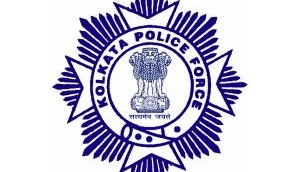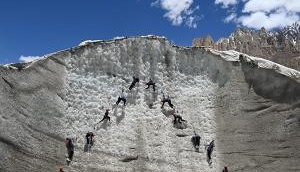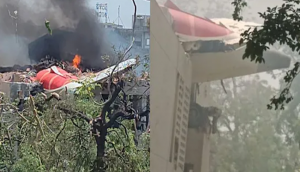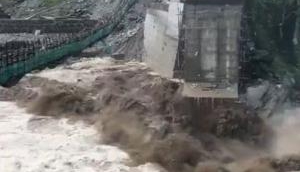
In February 2016, Adivasi activist Soni Sori had a chemical substance thrown at her face by unknown assailants who warned her not to file a complaint against a high-ranking Bastar police official for an alleged extrajudicial execution.
This is among the several incidents of human rights violations that have been documented in the book, titled 'Blackout in Bastar: Human Rights Defenders Under Threat', released by Amnesty International lndia on 18 April.
Over the last six months, human rights defenders in Bastar, Chhattisgarh have faced a relentless crackdown by the police and self-styled vigilante groups, leading to a near-total information blackout in the state, Amnesty International said at the book launch. The book reportedly describes how journalists, lawyers and activists have been harassed, attacked and locked up for investigating excesses by security forces and seeking justice for human rights abuses.
"Over and over again, Chhattisgarh authorities have stood by and watched as their critics are intimidated and attacked by groups which seem to enjoy police support," said Aakar Patel, Executive Director, Amnesty International India.
"Even worse, the police have themselves arrested journalists on trumped-up charges. The ominous message the state government is sending to defenders is clear: shut up or face the consequences," Patel said.
How Chattisgarh is intimidating its critics
During the book release, Isha Khandelwal, a lawyer from the aid group said, "Chhattisgarh has become like a police state now. What the police can't do legally they make these vigilante groups and what's really worrying is that these vigilante groups openly and blatantly threaten and harass people. Chhattisgarh has become a very dangerous place for those who question the government."
"The state police continue to use abusive laws like the Unlawful Activities Prevention Act and the Chhattisgarh Special Public Security Act to stifle the right to freedom of expression," said Aakar Patel, adding, "The Chhattisgarh government's open contempt for constitutionally guaranteed rights and freedoms needs to end now."
First published: 18 April 2016, 6:42 IST






![BJP's Kapil Mishra recreates Shankar Mahadevan’s ‘Breathless’ song to highlight Delhi pollution [WATCH] BJP's Kapil Mishra recreates Shankar Mahadevan’s ‘Breathless’ song to highlight Delhi pollution [WATCH]](https://images.catchnews.com/upload/2022/11/03/kapil-mishra_240884_300x172.png)

![Anupam Kher shares pictures of his toned body on 67th birthday [MUST SEE] Anupam Kher shares pictures of his toned body on 67th birthday [MUST SEE]](https://images.catchnews.com/upload/2022/03/07/Anupam_kher_231145_300x172.jpg)






